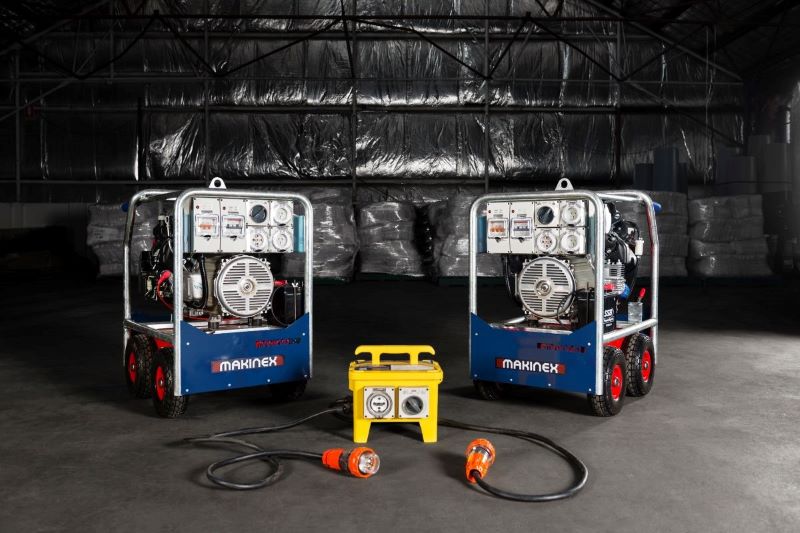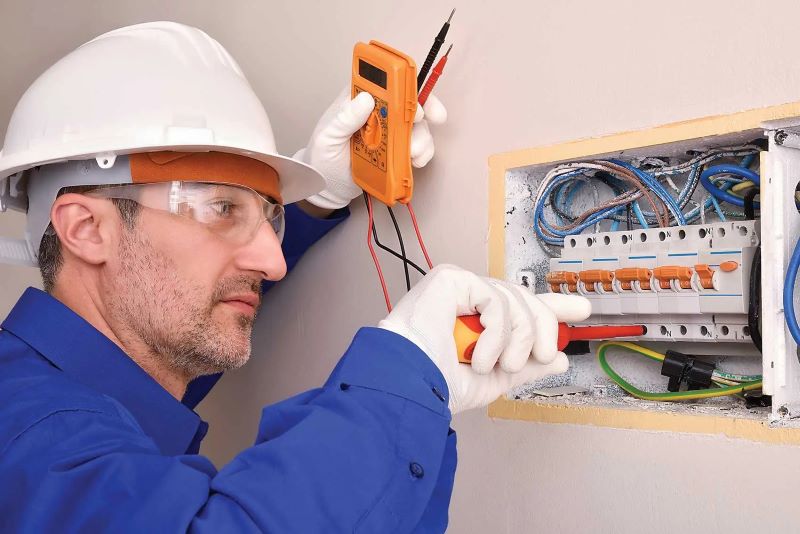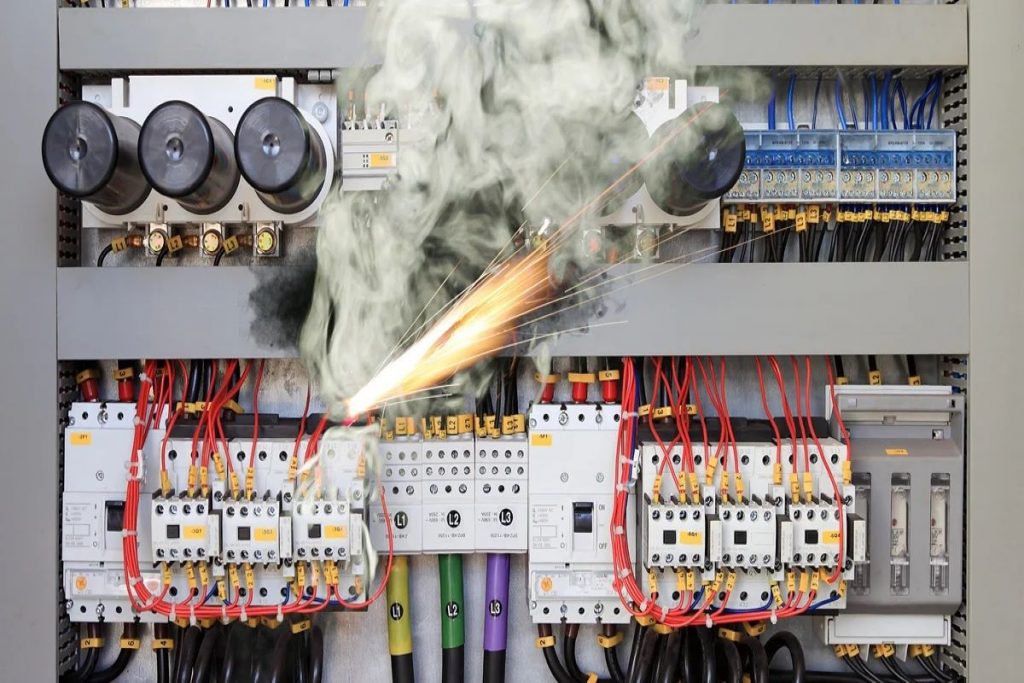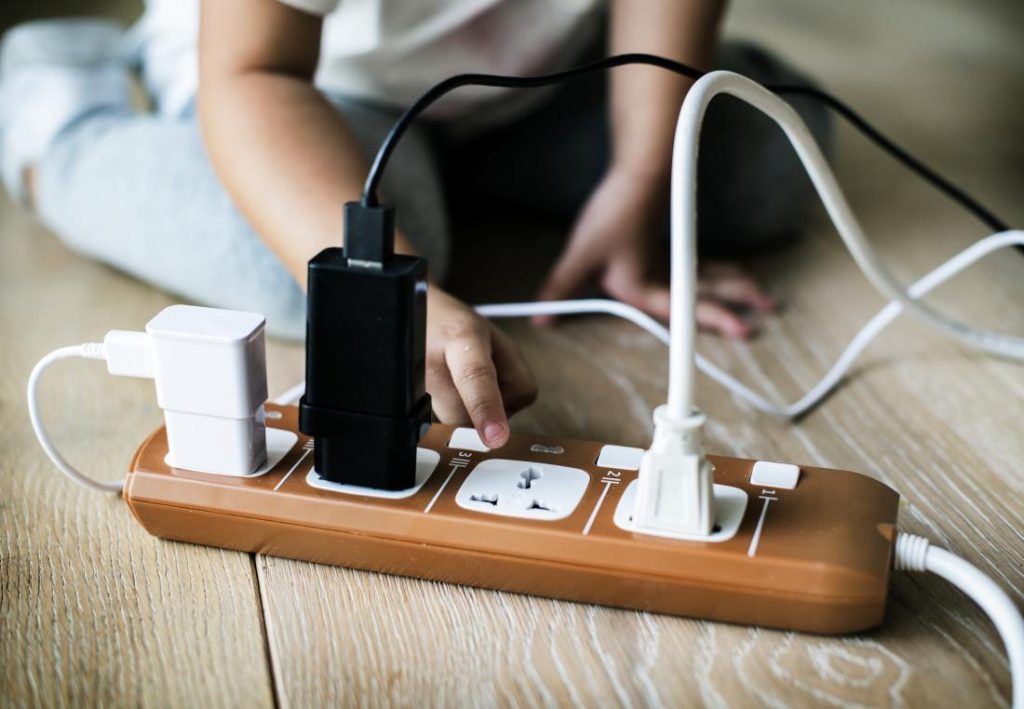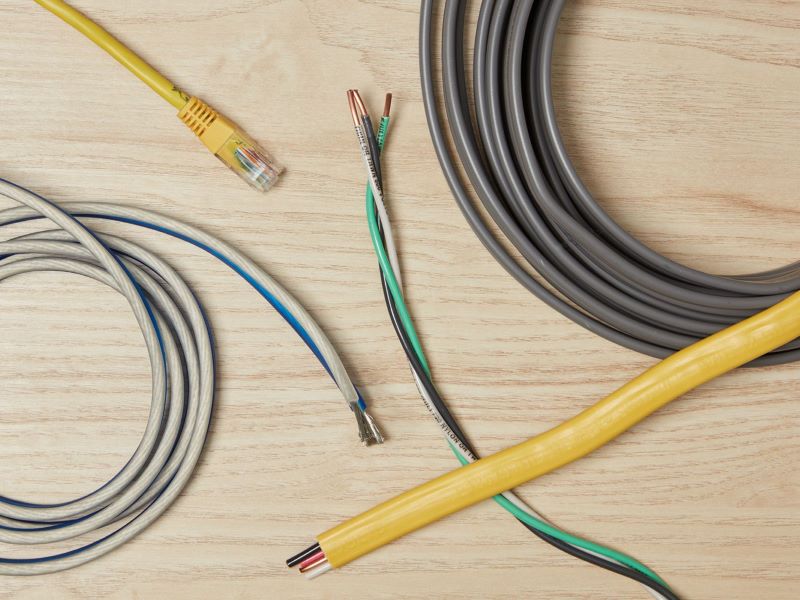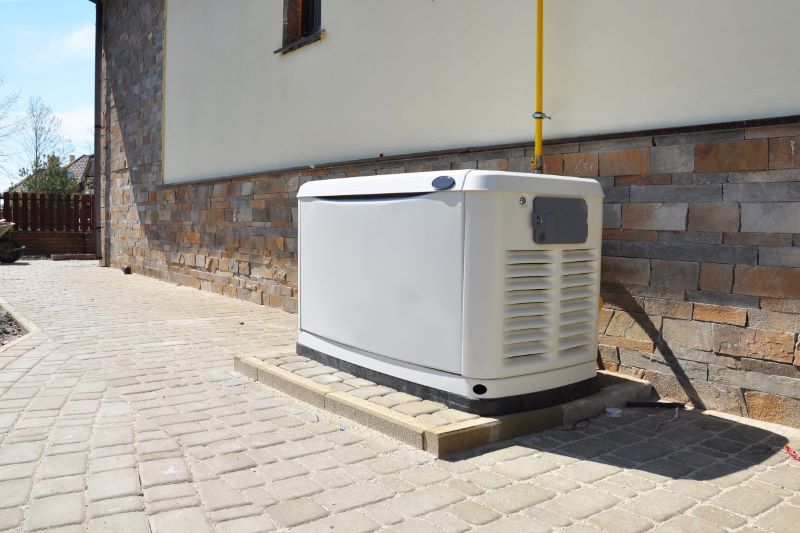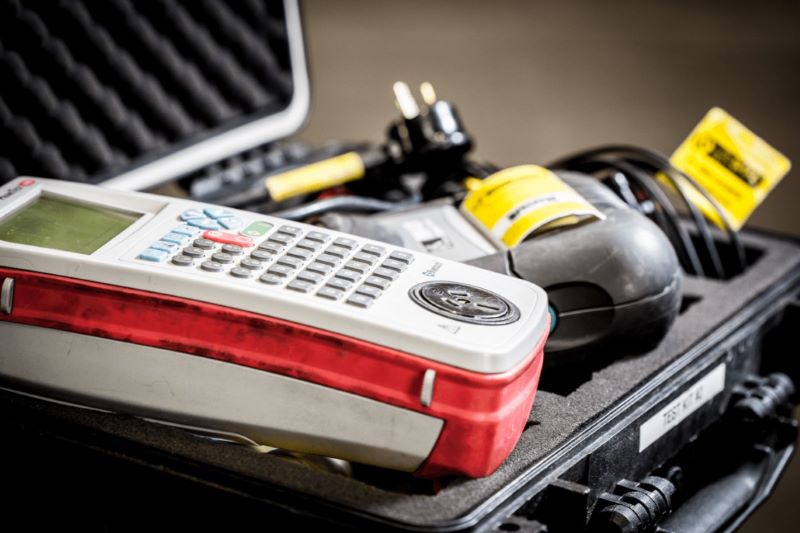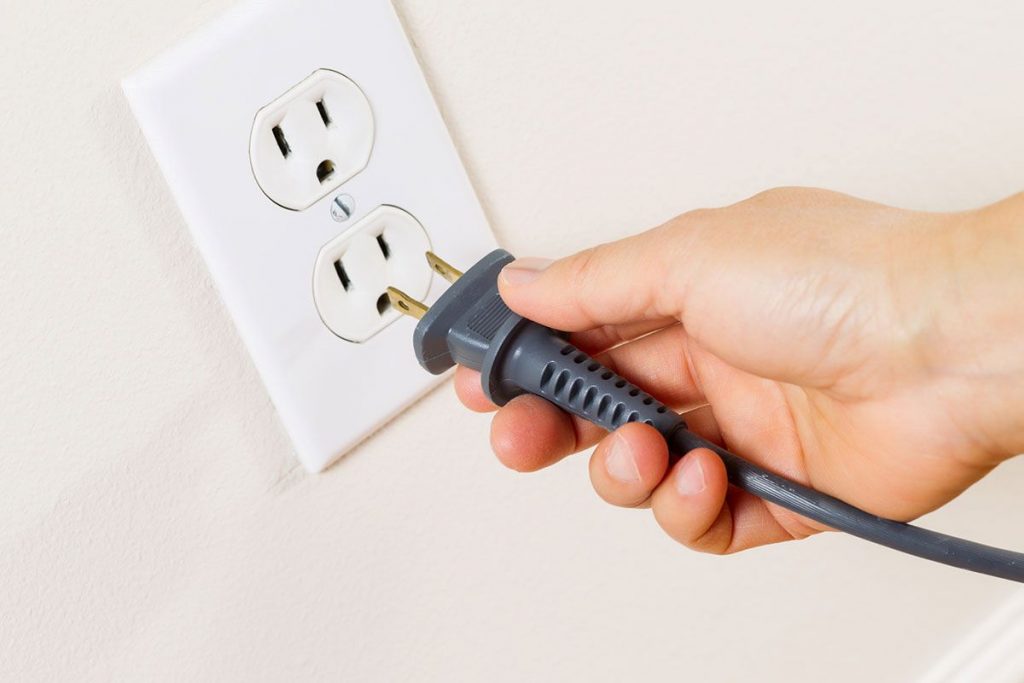Table of Contents
The modern household is greatly dependent on appliances for everything. Be it pumping water from the tank, charging gadgets and devices or keeping the beer cold, every home relies on appliances. These appliances run on the main power and most people take it for granted that power supply is a constant! However, there are situations when the main power can get interrupted, leading to the disruption of your everyday routine. In this situation, a generator can come in handy. That being said, it is important to know what to buy. More often than not, the choice of a generator depends on your needs.
Which Generator Do I need?
The generator you purchase should depend on the purpose and usage. If you are planning to power the entire house then a different wattage and max load are needed. Similarly, if you plan to just use it in your garage to run some electrical tools then a different load generator should be considered. To determine the size of the generator you need, consider calculating the total watts of all the items you plan to run. Appliances experience a power surge whenever they start. Hence, you might also want to consider adding that to the total watts. Using this as a benchmark, consider the type of backup power to purchase.
Considering Ratings and Load
The ratings of a generator are based on the continuous power they can deliver. It is also essential to consider the max load as it determines whether you can run larger electrical equipment like the ACs and refrigerators. For example, generators are rated as 5,000 Watts of continuous power with a max load of 7000 Watts for 10 seconds. That means, the generator can produce an initial max load of 7000 Watts, and provide 5000 Watts of continuous power.
Different Types of Generators to Choose From
There are different types of generators available in the market. Most of them run on diesel. Though there are many options, the most common for household needs is the portable version. If you want to take a look at the various options available you can click here for more information. Along with the portable version, there are some popular generators that are in use today. Listed below are the most common generator types in the present day. If you are interested in hydrogen generator you can go here.
Portable Generators
These are the most common types of generators found in the market and come in various sizes. As the name indicates these are portable and can be carried anywhere depending on the size and can power various appliances too. Unlike the home standby generators, the portable ones do not need any installation. It can be started using a button or a pull start. They can be used as an emergency backup source for the following:
- Caravans and Camping: It can be used on a camping trip or loaded into a camper van. This can be used to power TVs, fridges, charge batteries, lighting, radios, etc. It operates noiselessly and hence can be used in any camping spot.
- Can power your home: These are backup power that can help to run a few appliances but not all that’s present at home. This means you need to choose the appliances to run on backup power.
- Concerts and Events: Having backup power is an ideal thing during concerts or events. It can be used during a power outage to run lights and PA systems on stage. It is also used when there are big events and you don’t want to overload the main grids.
- Building sites: Portable generators are commonly used at building sites to power water pumps, toilets, sheds, lunchrooms, etc. It is easily maneuverable and movable making it the ideal choice for building sites.
Home Standby Generators
These are power backups that are used to bring back power to the entire house when the mains power is cut off due to various reasons. The main advantage is they can be turned on/off automatically when there is a power outage. So, there is no need to bring out your flashlight to start the backup power when there is no power. These are connected to the main breaker box and require professional installation. These are permanently installed outside your house and need a fuel source like propane or natural gas. The main drawback of this type of generator is, they are quite expensive and it is not portable.
Portable Inverter Generators
These are more fuel-efficient and provide clean energy compared to other generators. The portable inverter generator can be used to power home appliances as well as camping, boating, etc. They provide reliable power and are best for sensitive appliances like TV and charging phones that need even power. These do not need any professional installation and can be started using a button or pull mechanism.
A generator provides backup power and helps you to stay in control when there is a power outage. But the key to it is choosing the right generator based on your power needs.
